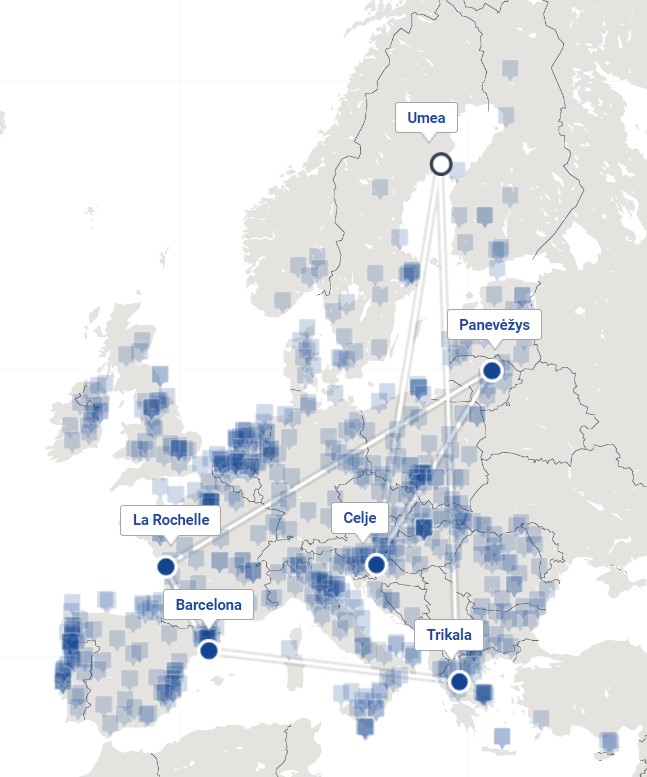
Space4People - mobility solutions for attractive public space
Space4People - mobility solutions for attractive public space
Space4People dealt with public space use in its cities and worked with its main use function: transport. Our focus was on walkability, quality of stay, mix of functions to achieve attractive public space for diverse user groups and a sustainable urban mobility scheme supporting such public spaces. Space4People has placed a user-centric approach at the core of its work that to assessed qualities and deficiencies, developed future visions and tested possible solutions to public space in our cities.
Get in touch!
Olaf Lewald
City of Bielefeld
Head of Transport Department
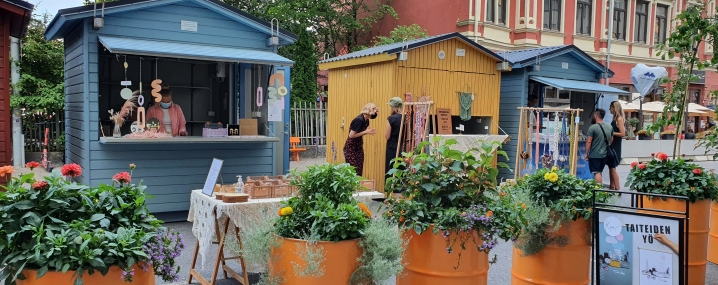
Network outputs
Timeline
2019
Kick-Off Meeting Phase 1
2020
Final Meeting Phase 1
2020
Web-Kick-Off Phase 2
2020
Web Meeting June 2020
2020
Transnational Meeting October 2020
2021
Digital Support Webinars by Liat Rogel
2021
Web Meeting April 2021
2021
Transnational Meeting 2 - Session1
2021
Transnational Meeting 2 - Session2
2021
Transnational Meeting 2 - Session3
2021
Web Meeting May 2021
2021
Web Meeting June 2021
2021
Webinar Support and discussion on the Integrated Action Plan September 2021
2021
Webinar Dealing with sceptical business communities September 2021
2021
Webinar Vision and measure selection September 2021
2022
Webinar Dealing with a lack of support from decision makers September 2021
2021
Webinar on Car-free livability programme Oslo and Spaces for People Scotland October 2021
2021
Mid Term Reflection November 2021
2021
Third transnational Meeting November 2021
2021
Webinar Parking Management December 2021
2021
Webinar Tactical Urbanism December 2021
2022
Webinar Alternative Road Use January 2022
2022
IAP Peer Review Session March 2022
2022
Webinar Use of indicators and objectives in IAP March 2022
2022
Webinar Tools and Methods to measure public space use April 2022
2022
Fourth Transnational Meeting May 2022
2022
Site Visit to Saint-Germain-en-Laye June 2022
2022
Final Event Barcelona with RiConnect and Thriving Streets July 2022
Integrated Action Plans
Within an Action Planning Network, the Integrated Action Plan is a local output, specific to each city. Thus, the local circumstances, as the concrete actions to be carried out in response to the network's sustainable development challenges, are defined by the URBACT Local Group. This core group is composed by a wide range of relevant stakeholders, who have a stake in the addressed challenge and who play an active role in co-designing the plan alongside the project partner. This document is the result of the interplay between the theme, each city's starting point and its individual URBACT journey. It highlights the positive learning experience cities have undertaken, both from a local and a transnational perspective.
-
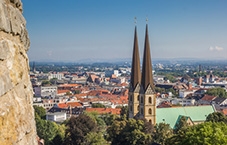 Bielefeld
Bielefeld -
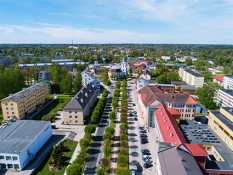 Valga
Valga -
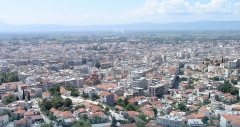 Sérres
Sérres -
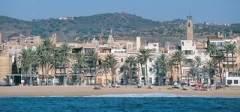 Badalona
Badalona -
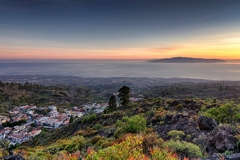 Guía de Isora
Guía de Isora -
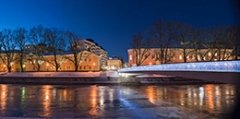 Turku
Turku -
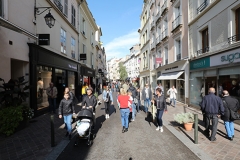 Saint-Germain-en-Laye
Saint-Germain-en-Laye -
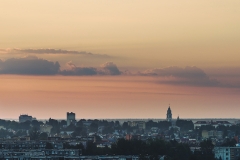 Panevėžys
Panevėžys -
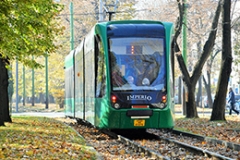 Arad
Arad -
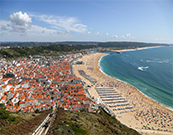 Nazaré
Nazaré

